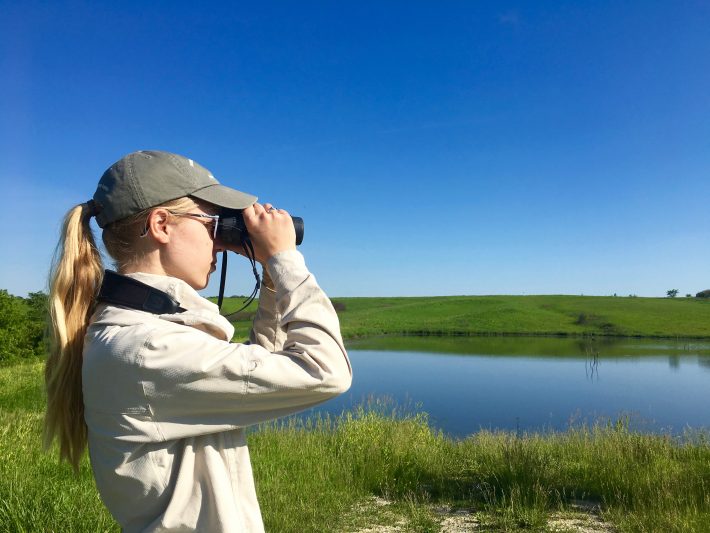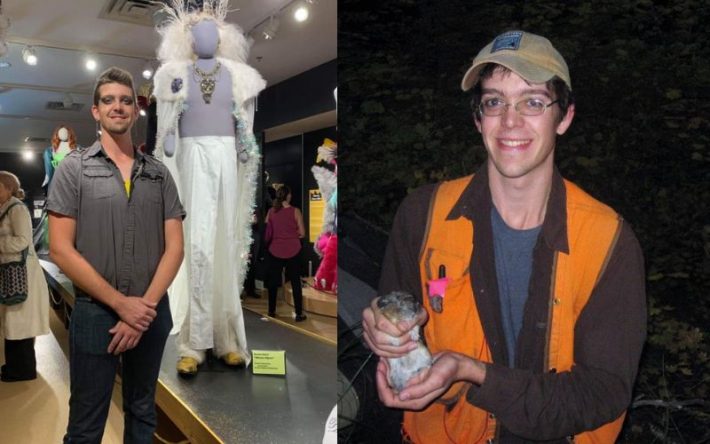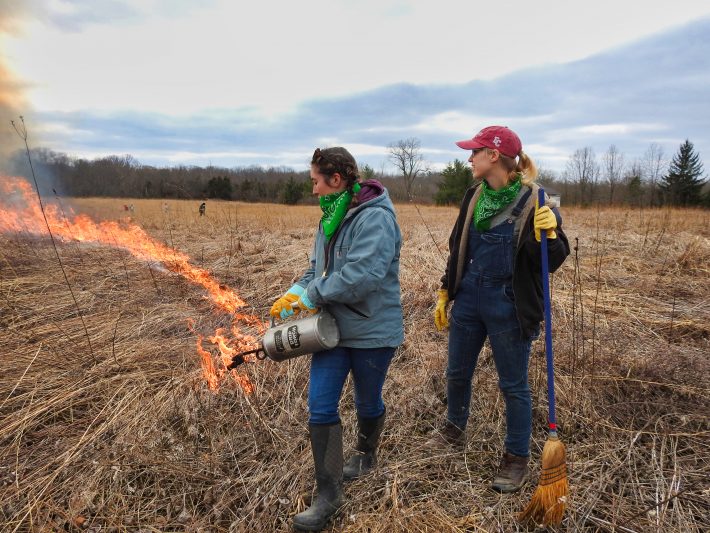Guidance for LGBTQIA+ inclusion during ecology fieldwork
A recent paper describes best practices for LGBTQIA+ inclusion during ecology fieldwork, including previously overlooked guidance on physical safety.

A recent paper published by Earlham College in collaboration with the University of Illinois Urbana Champaign (UIUC) investigates how people of marginalized gender and sexual identities (LGBTQIA+) can safely participate in ecological fieldwork.
Lead author Jaime Coon, an Earlham college assistant professor explained “Institutions of higher education want to make progress on LGBTQIA+ inclusion, but they don’t often know where to begin.”
The paper, featured in the British Ecological Society Journal of Applied Ecology, details best practices for LGBTQIA+ inclusion during ecology fieldwork. Their guidance is based on strategies supported by scientific literature and also highlights the role of systematic inclusion in attracting and retaining a richly diverse workforce.

The authors draw on their own stories of marginalization, revealing a greater risk of harassment, discrimination and violence towards LGBTQIA+ people, especially in rural or remote fieldwork situations.
“Existing recommendations have focused on interpersonal solutions, like using the correct pronouns. Our paper goes further by encouraging institutions to think about physical safety in the field,” continues Jaimie Coon.
Nathan Alexander, the lead author representing the University of Illinois adds “Often advocacy fails to acknowledge structural barriers such as single gender accommodation or health insurance that does not include gender related issues that may inhibit access to ecological spaces.”
“This is about making everywhere a better space – not just higher education
The authors call for cisgender (those who identify with their gender assigned at birth) heterosexual mentors to actively learn about the challenges LGBTQIA+ face and to promote a welcoming and supportive atmosphere challenging the cisgender heterosexual norm.
Well-developed safety plans, avoiding gender segregated facilities, purchasing size inclusive gear and providing gender affirming health insurance are just a few of the paper’s suggestions that could help fieldwork become more inclusive to marginalized people.
Incorporating better field safety protocols such as providing walkie-talkies for communication, as well as advocation of systematic changes within the industry both contribute to the creation of safer experiences for those identifying as LGBTQIA+.

Recommendations such as keeping a personal memento on hand, are also included to help people stay connected to the LGBTQIA+ community, a vital part of feeling comfortable being away in isolated locations.
“This is a very specific paper that addresses large scale systemic issues within science,” said Nathan Alexander. However while the paper was written primarily with ecological fieldwork in mind, the recommendations are applicable to anyone interested in LGBTQIA+ inclusion work.
“This isn’t just about making higher education a better place, it’s also about making everywhere a better place,” adds Jaimie Coon.
The British Ecological Society is committed to improving LGBTQIA+ inclusion. We continue to support the community through the launch of the ALDER (Advancing LGBTQIA+, Diversity, Equality and Representation) Network, a community for LGBTQIA+ ecologists to interact, share and support each other.
This article was adapted from press release’s by Earlham College and the University of Illinois Urbana Champaign
Read the full paper here:
, , , , , , , , , , , , & (2023). Best practices for LGBTQ+ inclusion during ecological fieldwork: Considering safety, cis/heteronormativity and structural barriers. Journal of Applied Ecology, 60, 393– 399. https://doi.org/10.1111/1365-2664.14339
Like what we stand for?
Support our mission and help develop the next generation of ecologists by donating to the British Ecological Society.